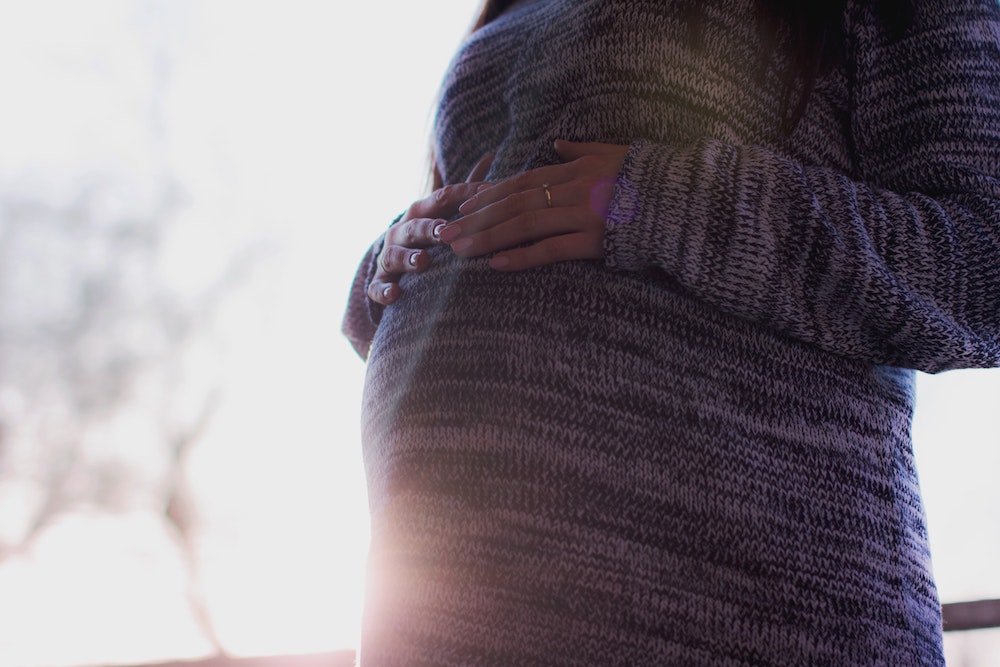
Maven, the virtual clinic for women’s and family health, has released findings from a recent study that sheds light on why so many pregnant people are hesitant to get the COVID-19 vaccine despite recommendations from the Centers for Disease Control and Prevention (CDC).
The findings come as the rate of vaccination among pregnant people remains low, with just 26% of pregnant people in the United States receiving at least one dose of the COVID-19 vaccine, according to CDC data from October 16. A representative survey of 500 pregnant people in the United States commissioned by Maven Clinic explores what is driving the low vaccination rate among pregnant people and the most influential factors guiding vaccine decision-making.
- Most pregnant people are unaware that the CDC recommends vaccines during pregnancy. 61% of pregnant people are unaware that the CDC recommends vaccines for those who are pregnant, recently pregnant, trying to become pregnant, or might become pregnant in the future.
- Pregnant people are receiving misinformation from a broad array of sources — including from the medical community. The voice of providers remains important, as well as the voice of friends and family. Nearly 70% of pregnant people say at least one source suggested they avoid getting the vaccine while pregnant. Nearly one-third (29%) of these individuals say a medical provider advised against getting the vaccine while pregnant, and 53% said family and friends advised against receiving the vaccine.
- The majority of unvaccinated pregnant people do not plan to get vaccinated during their pregnancy. More than a third of unvaccinated pregnant people (36%) say they don’t plan to ever get the vaccine. Nearly as many (32%) say they’re planning to get the vaccine after they’ve given birth.
- The most important factor pregnant people take into account when deciding whether or not to get vaccinated is the health and safety of their baby. Roughly two-thirds (61%) of pregnant people cited their child’s health as the primary reason why they did or did not receive a COVID-19 vaccine. Almost a third (28%) felt that there was a lack of sufficient information on the effects of the vaccine.
“It is important to understand why pregnant people are particularly hesitant to get vaccinated against COVID-19, despite data showing it is one of the most important things they can do to protect themselves and their babies,” said Dr. Neel Shah, Chief Medical Officer of Maven. “To improve vaccination rates we must acknowledge that for many people, there is not a single source of truth. Pregnant people need trustworthy and accurate messaging from a broad array of sources, and as providers, we need to meet people where they are by truly listening to their concerns.”
Maven will be offering free appointments with its OB-GYNs and midwives to answer questions and help educate pregnant people on the benefits of the COVID-19 vaccine. Individuals who have questions about the vaccine can download the Maven app and use the code ASKMAVEN to consult with a provider. Women and families who have access to Maven through their employer or their health plan can book appointments with providers at no cost, and have the opportunity to connect with a provider who shares their identity or background. 80% of Maven providers have opted into Maven’s care matching program, created to promote greater trust and understanding between doctors and patients that can ultimately lead to better health outcomes. 38% of Maven providers identify as BIPOC, 8% identify as LGBTQIA+, and providers speak more than 30 different languages.
“Always-on access to expert care is at the center of what we’ve built at Maven and is critical to supporting members in challenging moments like this,” said Kate Ryder, founder and CEO of Maven. “Our hope is that by offering free appointments with Maven providers, more pregnant people will be able to get the compassionate, evidence-based support they need to make an informed decision about the vaccine.”
Since March 2020, Maven responded to the pandemic by focusing on the needs of parents and parents-to-be through the many challenges the pandemic has presented. In the early days of the pandemic, Maven providers set extra availability to meet demand from women and families as many brick and mortar clinics suspended operations or became overwhelmed. In August 2020, Maven partnered with economist and COVID-19 School Response Dashboard creator Emily Oster to develop a free, evidence-based tool to help parents make decisions about school and child care during the pandemic. As vaccines became available earlier this year, Maven providers have hosted a series of virtual classes on the COVID-19 vaccine and pregnancy, allowing families to learn about the latest clinical guidance and get all of their questions answered.
The Maven Clinic Covid-19 Vaccine Decision-Making Survey was conducted by Wakefield Research through an online survey of a representative sample of 500 US-based pregnant people between October 16 and October 22, 2021.



